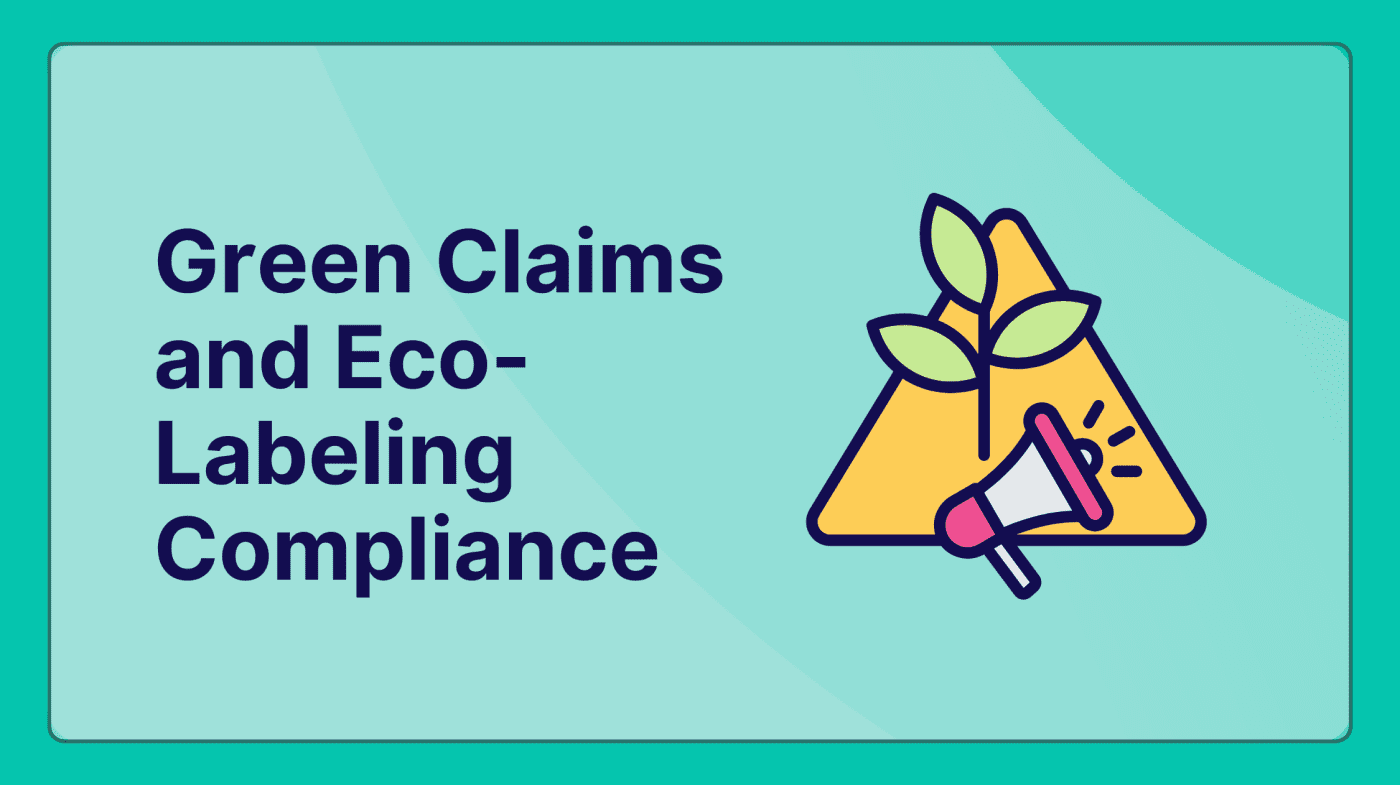Understanding the Rising Risk of Greenwashing and ESG Disclosure Lawsuits in the United States
In recent years, the spotlight on environmental, social, and governance (ESG) factors has intensified across industries globally, with companies increasingly promoting their sustainability efforts and environmental responsibility. However, amid this growing trend, there has been a significant rise in litigation targeting alleged greenwashing and failure to comply with ESG disclosure regulations in the United States. This surge reflects stricter regulatory scrutiny and an empowered consumer and investor base demanding transparency and accountability.
At Legal Marketplace CONSULTANT, we understand that while the intention to be environmentally responsible and transparent is crucial, missteps in claiming sustainability achievements or omitting material environmental risks can expose your company to costly lawsuits and reputational damage. This comprehensive article explores the nature of greenwashing lawsuits and ESG disclosure violations, the evolving regulatory environment in the United States, common pitfalls businesses should avoid, and how partnering with experienced legal advisors can safeguard your brand, ensure compliance, and maintain trust in your sustainability messaging.
What Is Greenwashing and Why Does It Matter?
Greenwashing refers to the practice where companies make misleading, exaggerated, or false claims about the environmental benefits of their products, services, or operations. These claims often aim to capitalize on consumer demand for sustainable and eco-friendly options without substantiating their statements with credible evidence.
Such deceptive marketing can mislead customers, investors, and other stakeholders, undermining genuine sustainability efforts and leading to unfair competition. Additionally, greenwashing not only damages a company’s reputation but can also result in regulatory investigations, fines, and class-action lawsuits under consumer protection and securities laws.
The Surge of ESG Disclosure Violations and Related Lawsuits in the U.S.
As ESG principles have become integral to corporate governance and investment decisions, regulators have responded by tightening oversight of public disclosures related to sustainability. The U.S. Securities and Exchange Commission (SEC), for example, has intensified its focus on the accuracy and completeness of ESG disclosures, signaling that companies must substantiate their environmental claims thoroughly and disclose material sustainability risks.
This regulatory evolution has led to a marked increase in enforcement actions, investigations, and litigation against companies accused of misleading ESG statements or omitting critical environmental information. Shareholders and advocacy groups are also pursuing lawsuits to hold companies accountable for false or incomplete ESG disclosures.
Common Areas of Concern in ESG Disclosures
Businesses should pay close attention to several key areas where ESG disclosure compliance issues frequently arise:
- Accuracy of Carbon Emission Metrics: Claims about carbon neutrality, reduction targets, and emissions data must be supported by credible methodologies and verified by third parties where possible.
- Sustainability Certifications and Standards: Companies must ensure that certifications such as LEED, Fair Trade, or organic labels are accurately represented and obtained through legitimate processes.
- Supply Chain Transparency: Disclosures regarding environmental practices in supply chains need to be truthful and cover any significant risks or violations.
- Risk Factors and Forward-Looking Statements: Material environmental risks, such as climate change impact or resource scarcity, must be disclosed clearly in filings to inform investors adequately.
- Use of Sustainable Materials or Renewable Energy: Claims regarding sourcing and energy use require substantive evidence to avoid misleading stakeholders.
Legal Consequences of Misleading Environmental Claims
When companies fail to uphold transparency and truthfulness in their environmental and sustainability communications, they face multiple legal risks, including:
- Consumer protection lawsuits alleging false advertising or deceptive marketing;
- Securities class actions from shareholders over material omissions or misstatements affecting investment decisions;
- Regulatory enforcement actions by the SEC and the Federal Trade Commission (FTC);
- State attorney general investigations focused on environmental claims;
- Damage to brand reputation and loss of consumer trust;
- Financial penalties and mandatory corrective disclosures.
The financial and reputational costs of these legal issues can be significant and may persist long after initial publicity.
How Legal Marketplace CONSULTANT Helps Businesses Navigate ESG Compliance
Our specialized legal team at Legal Marketplace CONSULTANT offers tailored support for companies seeking to align their sustainability communications with evolving regulatory requirements and industry best practices. We provide comprehensive services to:
- Verify Environmental Claims: Conduct thorough assessments to ensure all sustainability assertions are accurate, evidence-based, and compliant with relevant standards;
- Prepare ESG Compliance Reports: Assist in drafting transparent and legally sound disclosures that address material environmental risks and sustainability initiatives;
- Review Marketing Materials: Evaluate advertising and promotional content to prevent misleading statements on environmental benefits;
- Conduct Risk Assessments: Identify potential ESG-related legal exposures and develop mitigation strategies;
- Defend Against Allegations: Represent companies in regulatory investigations, litigation, and enforcement proceedings related to ESG claims;
- Educate Leadership and Teams: Provide training on ESG compliance essentials to foster responsible communication and decision-making.
Best Practices to Avoid Greenwashing and Ensure ESG Compliance
Companies committed to credible sustainability practices can take several proactive measures to minimize legal exposure and build stakeholder confidence:
- Implement robust data collection and verification processes for environmental metrics;
- Engage reputable third-party auditors or certification bodies for claims validation;
- Disclose material sustainability risks fully and transparently in all investor communications;
- Avoid vague or unsubstantiated language in marketing materials about environmental benefits;
- Stay informed of changing regulatory requirements and industry standards;
- Collaborate with experienced legal counsel to review ESG strategies and disclosures regularly.
The Future Landscape of ESG Regulation and Litigation in 2025 and Beyond
The trajectory of ESG regulation and enforcement suggests continued growth in oversight intensity and legal accountability for companies’ environmental claims. The SEC's proposed rules on climate-related disclosures, anticipated to become effective in 2025, will likely set higher standards for transparency and verification, increasing the importance of precise ESG reporting.
Additionally, evolving consumer expectations and investor activism will sustain pressure on companies to act ethically and communicate honestly about their sustainability initiatives. Failure to adapt to this dynamic environment can expose companies not only to legal risks but also to material financial and reputational consequences.
Why Choose Legal Marketplace CONSULTANT for Your ESG and Sustainability Legal Needs?
Legal Marketplace CONSULTANT combines deep expertise in environmental law, consumer protection, securities regulation, and advertising compliance, positioning us uniquely to assist businesses navigating the complex ESG landscape. Our commitment is to help clients translate good intentions into legally defensible sustainability practices and messaging.
We work closely with companies of all sizes and industries to build frameworks that enhance transparency, meet regulatory expectations, and support long-term stakeholder trust. Protect your brand’s integrity with our personalized legal solutions designed to mitigate the risks associated with greenwashing and ESG disclosure violations.
Conclusion
As the demand for corporate sustainability and responsible environmental practices continues to grow, so too does the scrutiny over how companies communicate their ESG efforts. Misleading claims or inadequate disclosures can lead to serious legal challenges, including lawsuits, regulatory actions, and substantial reputational harm.
Legal Marketplace CONSULTANT is dedicated to guiding businesses through this complex and evolving regulatory environment. By verifying environmental claims, preparing accurate compliance reports, reviewing marketing content, and providing strong defense strategies, we ensure that your sustainability messaging is not only compelling but also legally sound.
Don’t let good intentions turn into legal exposure. Trust Legal Marketplace CONSULTANT to help you protect your brand with real compliance and credible ESG practices in 2025 and beyond.
Claim Verification — We rigorously review and verify all environmental and sustainability claims to ensure accuracy and compliance with regulations.
Compliance Reporting — Our team assists in preparing comprehensive and transparent ESG compliance reports for regulatory submissions and investor communications.
Legal Defense — We defend businesses against allegations of greenwashing and misleading advertising to protect your company’s reputation and legal standing.































